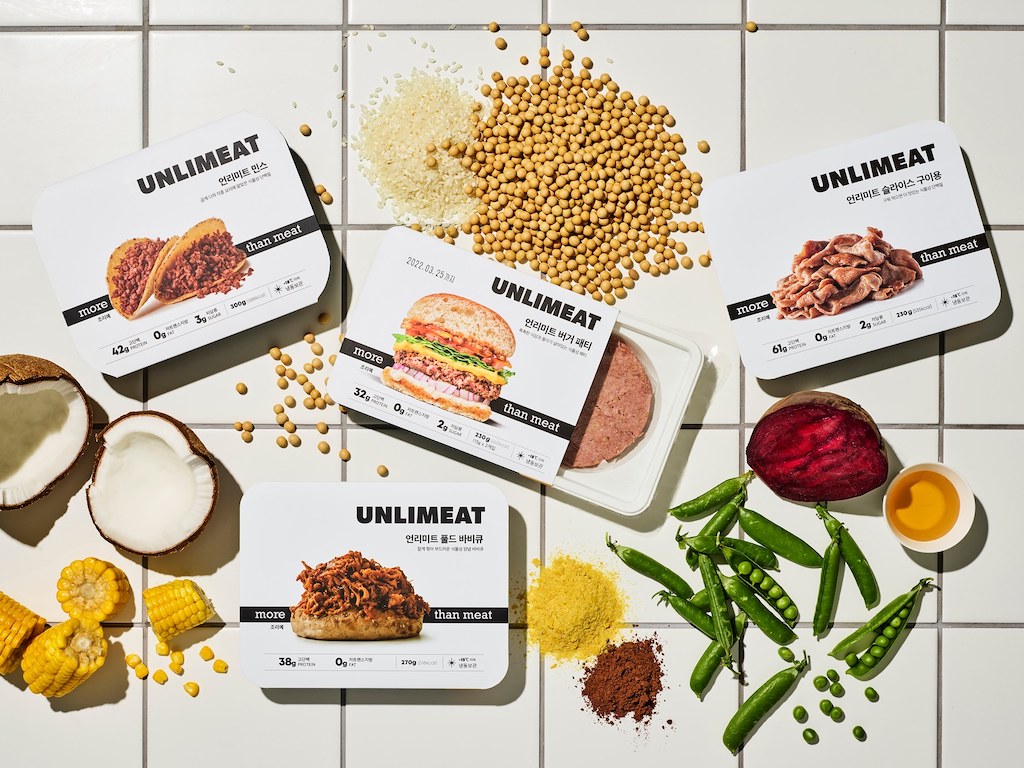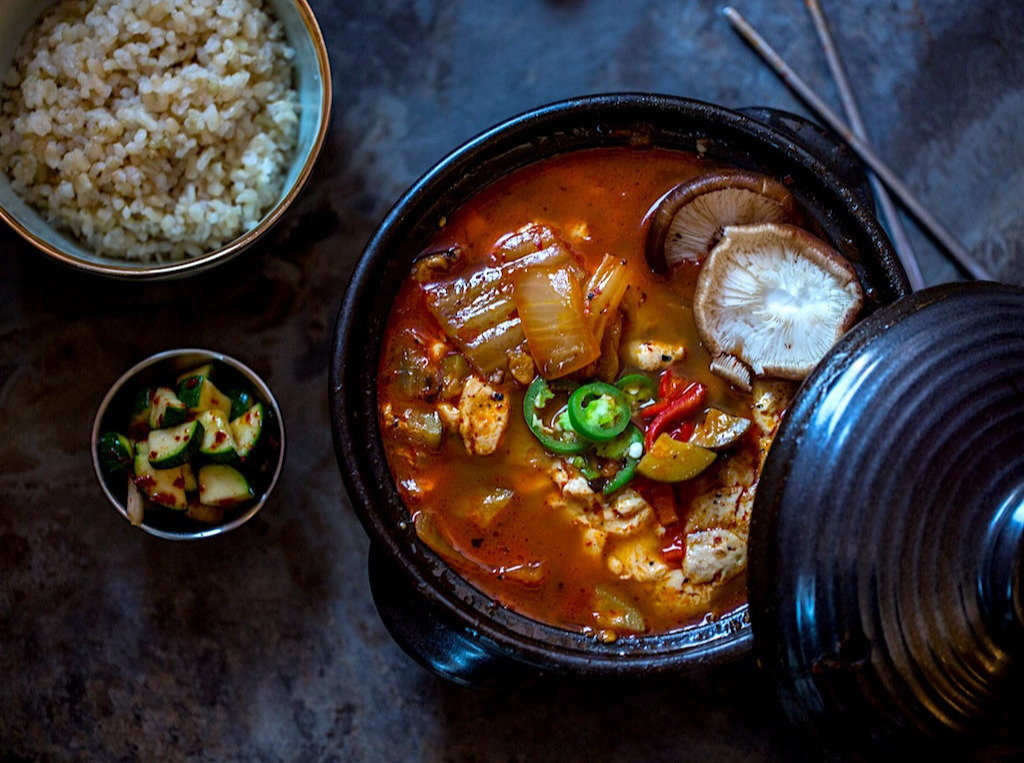4 Mins Read
South Korea becomes the second nation in the space of two weeks to announce a national plan dedicated to boosting local plant-based food production and promoting alt-protein consumption.
South Korea’s Ministry of Agriculture, Food and Rural Affairs unveiled its plan to foster the development of the country’s plant-based industry, with a comprehensive strategy set to be launched in December.
The national plan has a broad scope and covers various initiatives, including setting up a dedicated research centre for alt-protein and expanding the export potential of these products. It also lays out steps to use more locally produced ingredients in the production of plant-based alternatives to meat and dairy.
The Korea Institute of Rural Economics forecasts that South Korea’s vegan substitute market will reach ₩280B ($207.4M) by 2026, as these products become increasingly popular amongst Koreans in their 20s and 30s, according to Korea Bizwire.
South Korea’s expanding vegan industry

The announcement comes a year after the country’s Ministry of Food and Drug Safety included official guidance for alt-protein in its National Plan 2022, which included a focus on the safety, manufacturing processes and regulatory approval of cultivated meat.
The Good Food Institute, which called the nation a “global hotbed of alternative protein innovation” in its latest State of the Industry report, pinpointed the government’s selection of Intake, a startup making plant-based pork belly, for technology commercialisation support as a sign of administrative support for alt-protein South Korea.
And according to the Korean Vegetarian Union, in 2020, there were around half a million strict vegans in the country – a threefold increase from 10 years ago. Likewise, 1.5 million Koreans followed vegetarian or plant-forward diets, while about 20% of the population (around 10 million) were flexitarians.
Companies innovating in its plant-based sector include Unlimeat – which makes meat and seafood analogues and has partnered with US vegan egg giant Just Eat to develop plant-based kimbaps. There are also vegan cheese producers Armored Fresh and Yangyoo, meat analogue maker Lotteria, and CJ CheilJedang, the maker of Bibigo dumplings. And last week, food giant Nongshim (which is behind the Shin Ramyun noodle brand) committed ₩10B ($7.4M) in venture funds aimed at incubating future food tech startups.x
Plant-powered policies across the planet

South Korea’s new strategy makes it the second country to introduce a national action plan to boost plant-based food production, following a similar announcement by Denmark two weeks ago. The Danish government detailed its goal to transition to a plant-based food system as part of its overall climate agricultural plan to cut food emissions.
It will involve training chefs in both public and private kitchens on the preparation of vegan meals, as well as a higher focus on plant-based diets in schools and the education system. The plan further outlines initiatives to increase the exports of locally produced vegan food, and invest more in R&D for this sector.
Last month, the European Parliament’s Agriculture Committee proposed implementing a strategy to increase the production of plant proteins in the EU, emphasising that these would increase the “circularity in the food and feed value chains” and benefit the climate, while it voted in favour of the Plant Protein Strategy last week.
However, the bloc has been the subject of multiple investigations – one revealed that some MEPs have deep ties with livestock lobby groups that are attempting to halt green legislation, while another found that intensive pressure from the meat lobby resulted in the EU abandoning its proposed ban on caged farming.
Other European countries that have earmarked plant-forward plans include Germany’s National Nutrition Strategy, the Netherlands’ six-year master plan to increase plant protein production and consumption, and Switzerland’s climate strategy to make its food system more sustainable.
Elsewhere, Canada recently changed its Food Guide to encourage greater consumption of plant-based over animal-derived foods, Taiwan is promoting plant-forward, low-carbon diets as part of its 2050 net-zero plan, and the UAE – which hosts COP28 next month – is promoting plant-based eating in the country as part of its Year of Sustainability.



